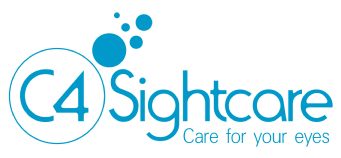






The Solution
Our optometrist will test for presbyopia during an eye examination and we can easily correct the problem with spectacles or contact lenses. With spectacles, single vision lenses can be used but everything beyond the reading area is blurred so you will have to switch spectacles or peer over the top of your reading glasses to see distant objects.
Bifocal lenses can be used but although near and distant vision is clear, the area between is blurred. Varifocal lenses, however, have sharp vision at all distances you you can look and feel more natural. The lenses help your eyes to focus quickly, especially when you switch from close to distant vision, e.g. If you look up from your book to see something in the distance. There are lots of different varifocals available but the newest give an exceptionally wide field of vision and a fast adaption time.
Regular Eye Examinations
Since presbyopia continues as we get older it is very important to keep having regular eye examinations so we can help you maintain the best vision possible.


What is presbyopia?
Presbyopia is a natural eye condition which makes it difficult for you to focus on close objects. It affects everyone and most people notice the resulting problems by their mid-40’s but these can easily be corrected by spectacles or contact lenses.
It is not a disease and it cannot be prevented. It is a natural part of the ageing process of the eye and is basically a gradual loss of flexibility of the lens of the eye. When we are children the lens is very flexible but as we get older the lens loses elasticity and we start to find it harder to focus.
How it starts
The main symptom is blurred close vision or a difficulty in maintaining clear close vision. You may also suffer from tired eyes or headaches when doing close work.
You will notice the first signs of presbyopia when doing close work or quickly looking from one distance to another. Finding yourself reading the newspaper at arm’s length even in good lighting is a sign that your eyes require a little help sooner rather than later.
Presbyopia may seem to happen suddenly but in fact it takes place over a number of years.














